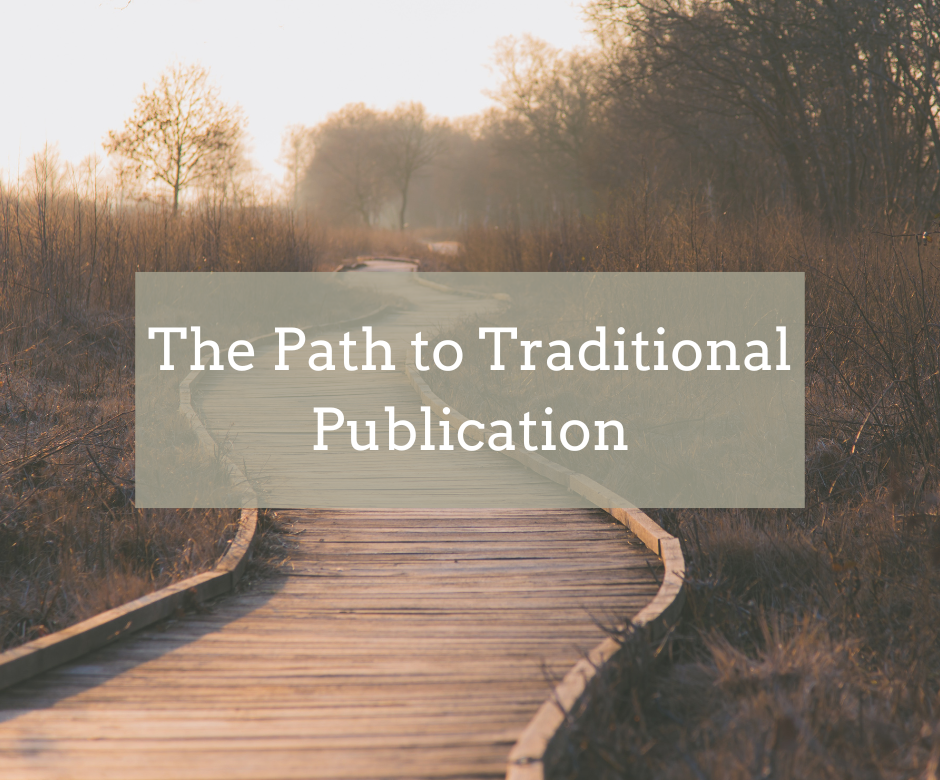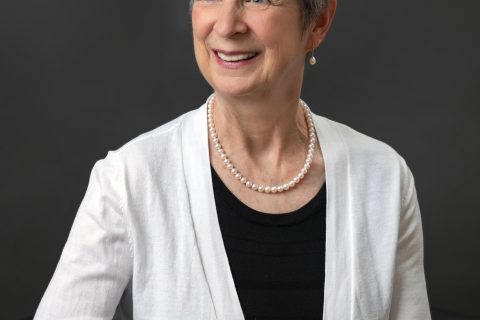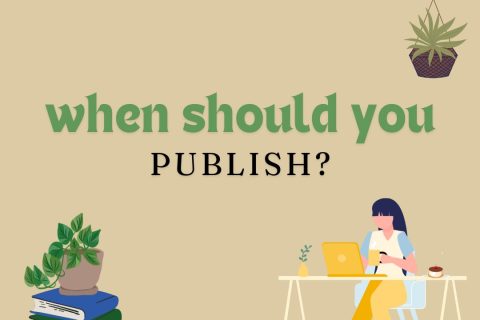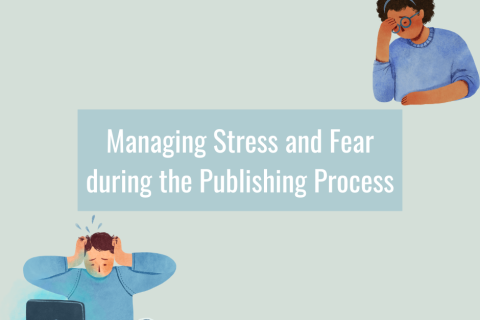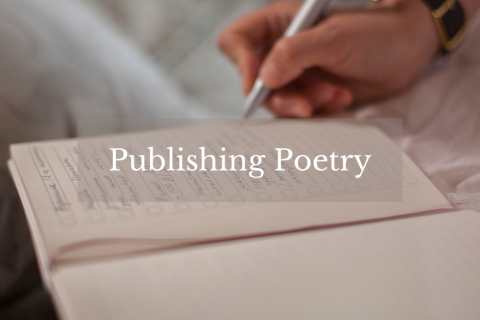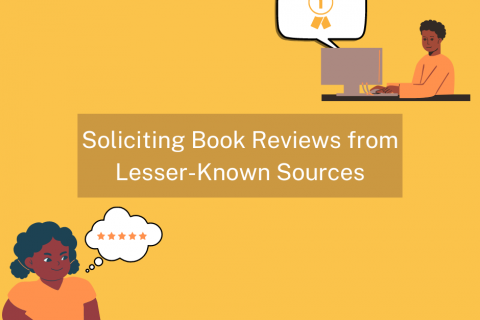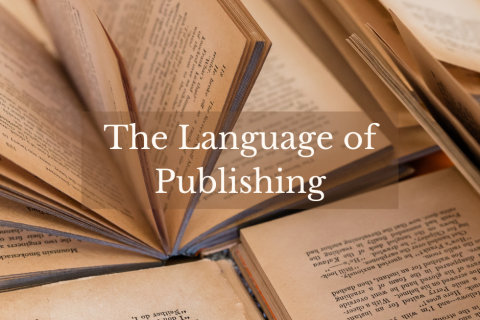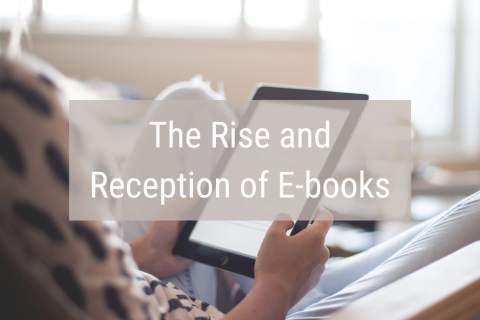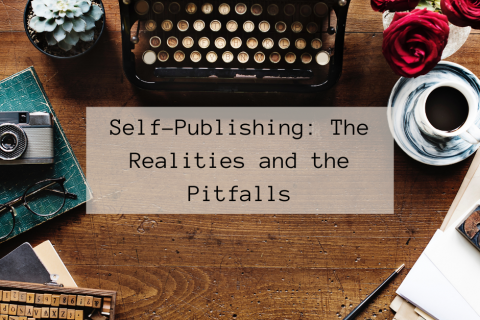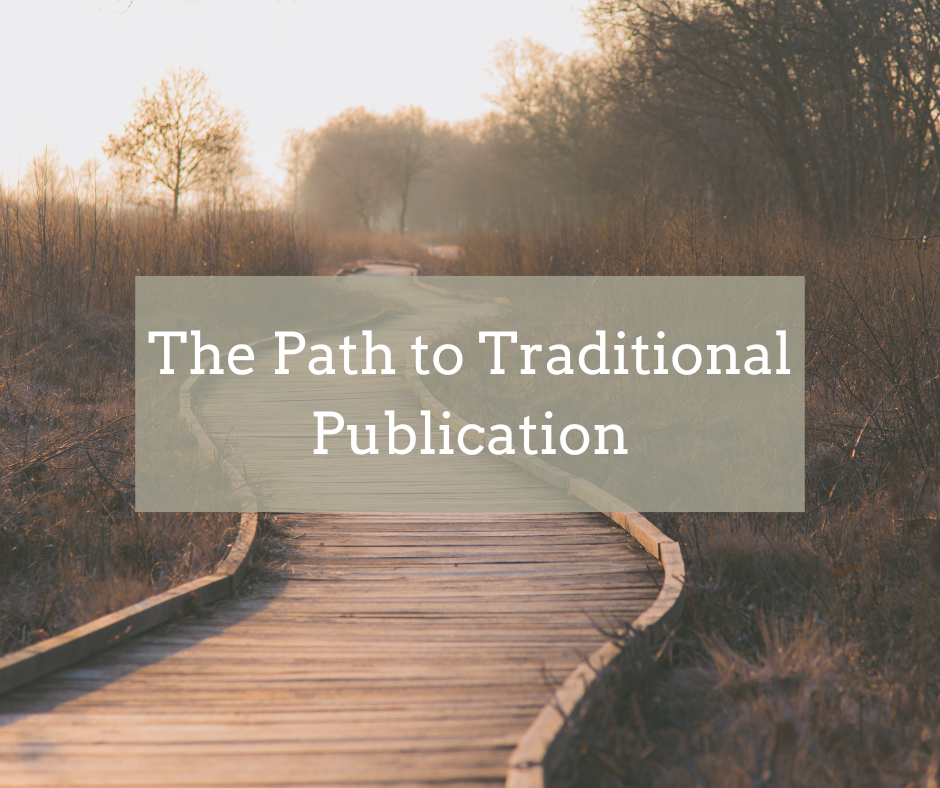
Almost every author would love for their book to be published by one of the Big Five—HarperCollins, Macmillan, Simon & Schuster, Hachette, and Penguin Random House, the five largest publishing houses in the US. This is the holy grail, a prize coveted by authors in every genre. But unknown—and even veteran!—authors have a slim chance of being signed by one of these houses. Their acquisitions editors refuse unsolicited manuscripts, so authors must first find an agent willing to represent them—and these agents are also highly selective. They require authors to submit a query and an impressive professional proposal, and to have a substantial following or track record of success from previously published books. And of course, they also require an author to have a compelling manuscript—or at least some portion of it. Authors also need lots of patience in pursuing an agent, as these professionals are notoriously slow to respond—if they respond at all.
Even if an author finds they are one of the chosen few, this may be a less satisfying position than they originally expected. Unless you’re an award-winning author like Stephen King or Cormac McCarthy, a popular political figure, or a Pulitzer prize-winning journalist, you may have very little involvement in the production of your book. Your manuscript may be restructured and developed in a way that is completely contrary to your vision—and you may not even see your book’s cover until it’s published, let alone have the opportunity to offer your input!
In addition, the big houses are always looking for a quick success. With traditional publication, the publisher invests one hundred percent of the cost a book—and an unknown author with no track record poses a significant financial risk. Given this, it’s understandable that publishers are wary and cautious when it comes to signing a new author. If a book doesn’t perform successfully within four to six months, the publisher’s promotional efforts will likely wind down, or even cease completely. One author I know who was published by one of the major houses was expected to hire her own private publicist, fund her own travel, and build her promotional effort largely on her own. And though the young, inexperienced, overworked in-house publicist who was promoting her book was available at its launch, four months after her book was released, the publicist stopped calling. Why? Because her book hadn’t sold five thousand copies, only four hundred—not unusual for a new author.
So if you are a hopeful new author who expects to sit back, hold a few book signings, and wallow in your success after your book is published, waiting for royalty checks to pour in, take a moment to research the industry, and traditional publication. You may find you wish to consider another path to publication—one that might be more realistic and attainable. At Brandylane, we don’t require an agent; we stick with our authors for the long run; and our authors have the opportunity to work cooperatively with talented editors, designers, and an active PR team ready to support them. Let us know how we can help you!
written by Robert Pruett, Publisher

